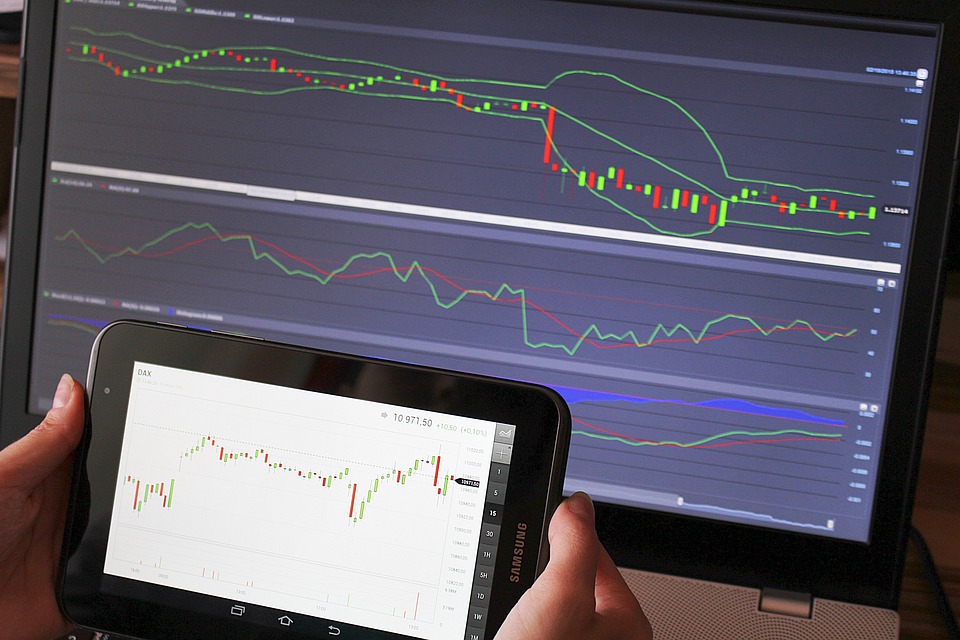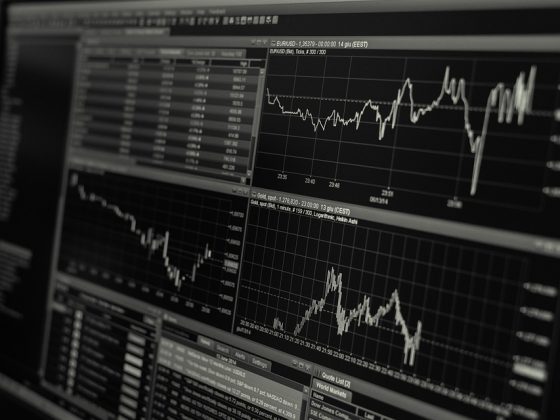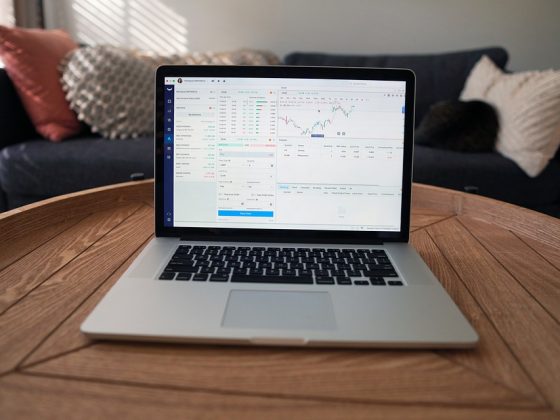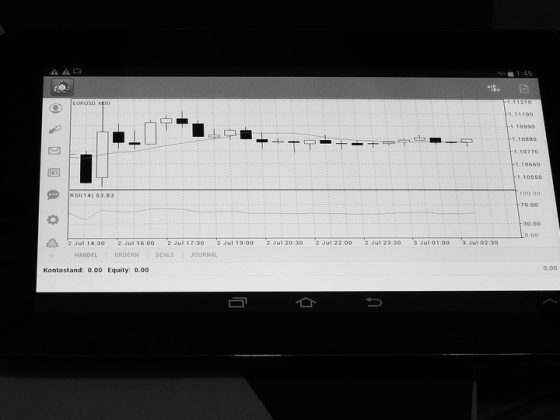One of the key psychological factors that influence market behavior is market sentiment. Market sentiment refers to the overall attitude of traders and investors towards a particular financial instrument or market. This sentiment can be influenced by various factors such as economic data, political events, and market news. Traders who are able to gauge market sentiment accurately can make more informed trading decisions and potentially profit from market movements.
Another important psychological factor that affects market behavior is fear and greed. Fear and greed are two of the most powerful emotions that can drive market movements. Fear can cause traders to panic and sell their positions at a loss, while greed can lead traders to take excessive risks in pursuit of higher profits. Successful traders are able to control their emotions and make rational decisions based on sound analysis rather than succumbing to fear or greed.
Overconfidence is another common psychological trap that many traders fall into. Overconfidence can lead traders to underestimate risks and overestimate their ability to predict market movements. This can result in reckless trading decisions and ultimately lead to significant losses. It's important for traders to remain humble and acknowledge that the market is unpredictable and that no one can accurately predict its movements with 100% certainty.
Additionally, cognitive biases can also impact market behavior. Cognitive biases are patterns of thinking that can cause traders to make irrational decisions. For example, confirmation bias can cause traders to seek out information that confirms their existing beliefs and ignore information that contradicts them. This can lead to biased decision-making and ultimately result in poor trading outcomes.
In order to overcome these psychological barriers and improve their trading performance, traders can employ strategies such as maintaining discipline, setting realistic goals, and keeping emotions in check. Developing a solid trading plan and sticking to it can help traders avoid impulsive decisions driven by fear or greed. Keeping a trading journal can also help traders identify patterns in their decision-making and learn from their mistakes.
Ultimately, understanding market behavior from a psychological perspective can give traders a competitive edge in the market. By mastering their emotions, avoiding cognitive biases, and developing a disciplined approach to trading, traders can improve their chances of success and achieve their trading goals. By incorporating psychology into their trading strategy, traders can become more efficient and profitable in the financial markets.











